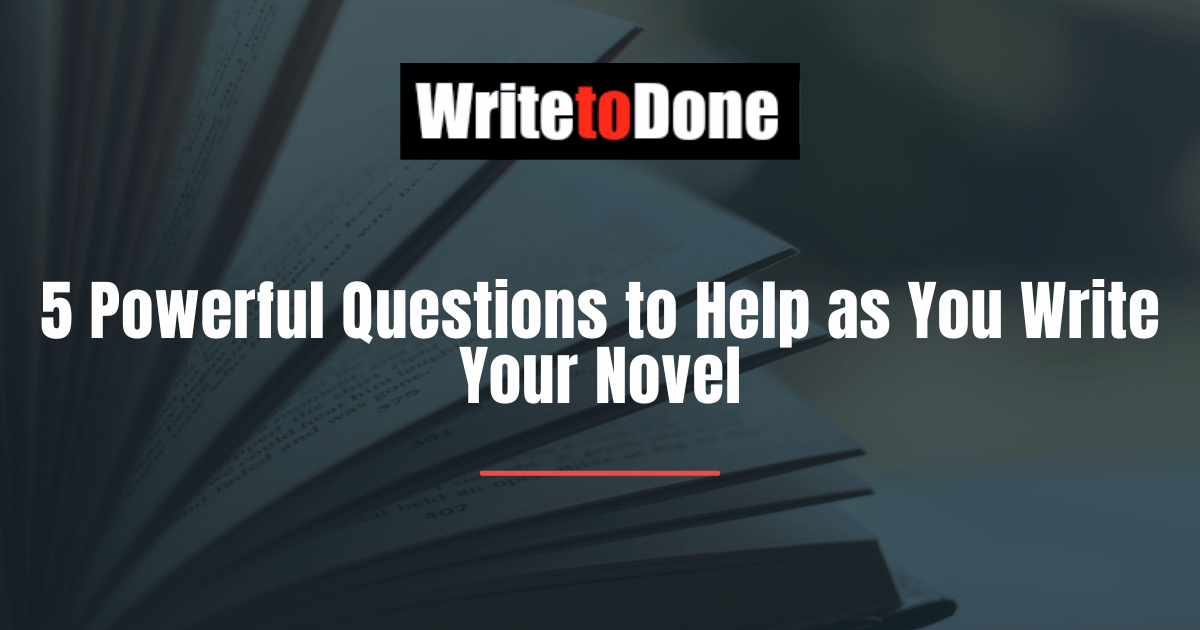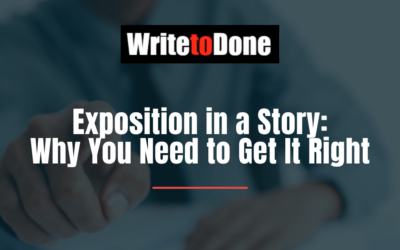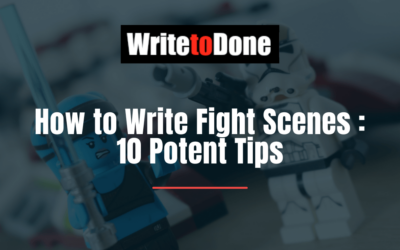As a professional manuscript critiquer and copyeditor, I ask a lot of questions.
Sure, I also give a lot of suggestions and fix badly constructed sentences. But it’s the questions that get to the heart of the story.
Asking authors questions helps them think about what they’re writing and why.
So much important information seems to be missing in so many novels, especially first novels by aspiring authors.
Novel writing is tricky; there are countless essential components that need to mesh cohesively to reveal the heart of a story.
Questions Create Story
Starting a novel is asking a question. What if . . .? What would someone do if . . .? What if the world was like this, and this happened . . .? These initial questions lead to more questions, which shape and bring life to characters and story.
Questions are the key.
After thousands of hours of critiquing and editing hundreds of manuscripts, I’ve noticed there are some questions I seem to ask a lot.
These are five key questions you might need to ask while writing or rewriting your novel.
-
Where is this scene taking place?
I shouldn’t have to ask this, right?
The writer is thinking, “Isn’t it obvious? I know where this scene is taking place.”
It may surprise you to know that readers can’t read your mind. The biggest problem I see in novel scenes is the lack of sufficient information to help the reader “get” where a scene is taking place. Just a hint of setting, shown from the character’s point of view, can do wonders.
And what’s usually missing is not just the locale but the smells and sounds, a sense of the time of day and year, and exactly where in the world the action is taking place.
-
How much time has passed?
So many scenes dive into dialog or action without telling the reader how much time has passed from the last scene.
Scenes need to flow and string together in cohesive time. It’s important to know if five minutes or five months have passed, and it only takes a few words to make that clear. Don’t leave your reader in confusion.
-
What is your character feeling right now?
This is a biggie. It alternates with: How does your character react to this?
So many times I read bits of action or dialogue that should produce a reaction from the point-of-view (POV) character, but the scene just zooms ahead without an indication of what the character is feeling or thinking.
For every important moment, your character needs to react. First viscerally, then emotionally, then physically and finally, intellectually. Often a writer will show a character reacting with deep thought about a situation, when their first natural reactions are missing.
If you get hit by a car, you aren’t going to first think logically about what happened and what you need to do next. First, you scream or your body slams against the sidewalk and pain streaks through your back.
Keep this adage in mind: for every action, there should be an appropriate, immediate reaction. That’s how you reveal character.
-
What is the point of this scene?
This is a scary question. Not for me—for the author.
Because if there’s no point to a scene, it shouldn’t be in your novel. Really. Every scene has to have a point—to reveal character or plot. And every scene should build towards a “high moment”.
-
What is your protagonist’s goal in the book?
If she doesn’t have a goal, you don’t really have a story.
The reader wants to know your premise as soon as possible. This involves your main character having a need to get something or somewhere, do something or find something. Or some variation of that.
That goal should drive the story and be the underpinning for all your scenes. That goal is the glue that holds your novel together. It may not be a ‘huge’ goal, and in the end your character may even fail to reach that goal—you’re the writer; you decide. But have a goal.
I actually ask a whole lot more questions than these. And many are just as important to crafting a powerful novel. I’ve found when writing my own novels that if I just keep asking questions—the right ones—I’ll find the answers that are right for that story.
If you can get in the habit of continually asking questions as you delve into your novel, you may find it will lead you to the heart of your story.
What are the questions you ask? Please share in the comments.
About the Author:
C. S. Lakin is the author of thirteen novels and works as a professional copyeditor and writing coach. Her new websites are dedicated to critiquing fiction and instruction and encouragement to help you survive and thrive in your writing life.
Image: Key Questions to Ask courtesy of Bigstockphoto.com


















